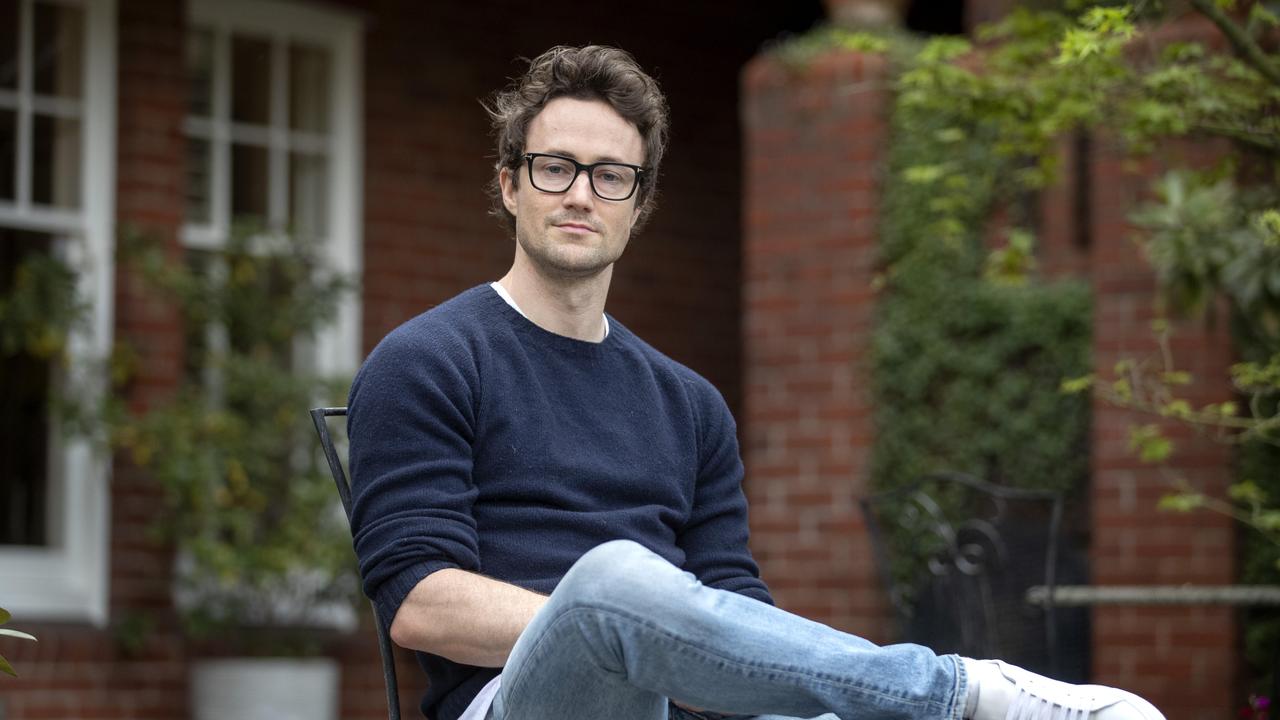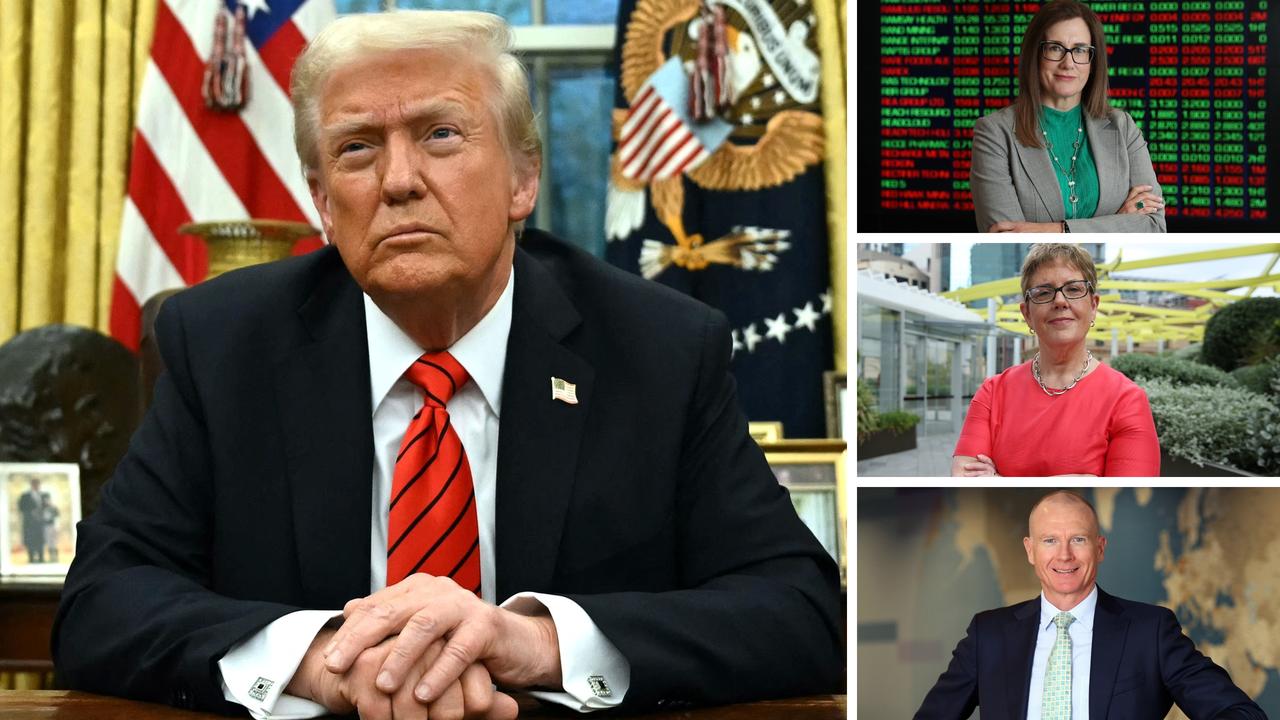A2 Milk moves to strengthen relations with China ahead of regulatory changes from Beijing
The trans-Tasman dairy company A2 Milk has extended its exclusive distribution contract with a China state-owned company by five years as it moves to shore up relations with Beijing.
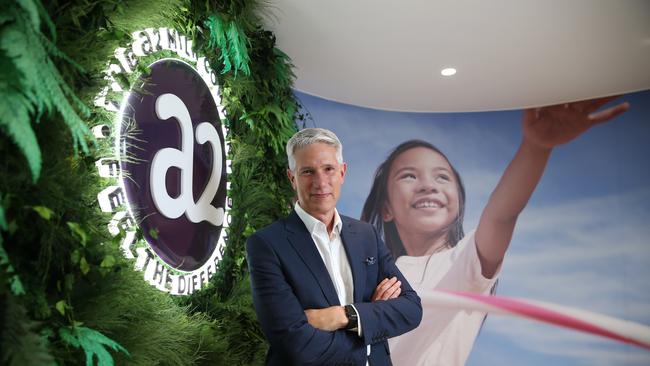
A2 Milk is shoring up its Chinese business, signing a five-year exclusive distribution agreement with China State Farm, ahead of Beijing launching new national standards for foreign brands.
The partnership renews an agreement originally struck in 2013, and aims to strengthen A2’s ties to China.
While China’s State Administration for Market Regulation (SAMR) has renewed A2’s registration, it only applies to existing standards and expires on February 21 next year. A2 says it is working with Chinese authorities to gain sale approval under the GB standards.
China State Farm is a subsidiary of China National Agriculture Development Group (CNADC), which also owns China Animal Husbandry Group.
A2 connections with the Chinese state-owned company extends beyond distribution. In late 2020 it bought a 75 per cent stake in what was then a poorly performing infant formula factory, New Zealand’s Mataura Valley, from China Animal Husbandry Group for $NZ268.5m ($235.12m).
The deal helped China Animal Husbandry Group meet the terms of a $NZ115m loan it had with China Construction Bank Corporation that dictated that it needed to sell down its holding in Mataura to at least 60 per cent.
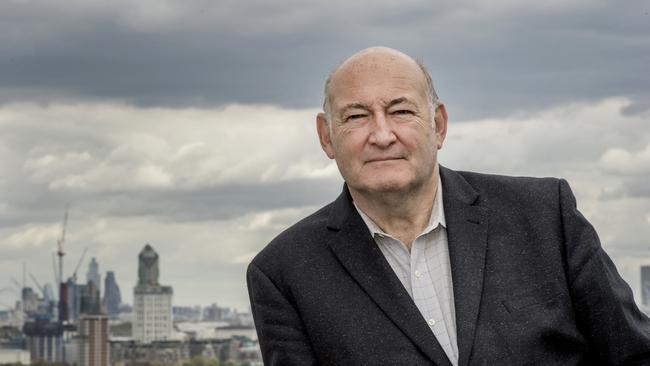
A month before the sale, A2 Milk chairman David Hearn called on the former Morrison government to repair its damaged relationship with China, saying it has effectively “punched Beijing in the face” amid escalating trade tensions with Beijing.
On Monday, A2 Milk chief executive David Bortolussi said the extension of its distribution agreement with China State Farm “confirms the strength of our relationship with key partners in China and our shared confidence in the future”.
“We are grateful for China State Farm’s ongoing support and our relationship with CNADC group which will be critical to our joint success in China going forward,” Mr Bortolussi said.
CNADC chairman Cao Jianglin described the company’s relationship with A2 Milk as “close and strong”.
“We look forward to this continuing,” Mr Cao said. “We are delighted to continue building our relationship with The A2 Milk Company and see great opportunity for our partnership in China”.
China and other Asian countries account for more than half of A2’s annual revenue. The company’s sales to China and elsewhere in Asia jumped 24.5 per cent to $726.5m in the year to June 30, while earnings before interest, tax, depreciation and amortisation almost doubled to $145.1m. This was thanks largely to demand for China label infant formula.
Unlike smaller rival Bubs, which last week said it would make infant formula in China for the Chinese market, A2 manufactures all its infant formula in New Zealand at Synlait, which is listed on the NSX.
The SAMR renewal was critical for A2. Had A2 not received an extension, it would have had to halt the manufacture of its China label product, given it would not have been able to have been sold.
But from February 21 next year, it will need to have new GB registration to continue to sell products in China.
It comes as Mr Bortolussi has reset the company’s China strategy and distribution, and as a result it has been gaining more market share as the Chinese reseller market returns.
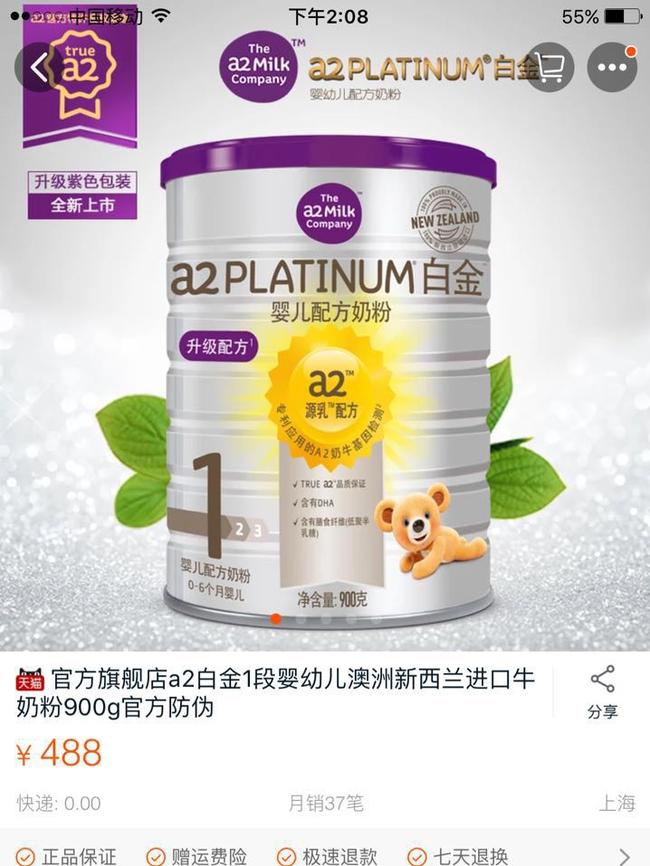
But the company has yet to have the same luck in the US. Last month the FDA deferred A2 application to import infant formula to America, which it submitted in late May. It also halted the world’s biggest dairy co-operative, FrieslandCampina’s application and has yet to grant the world’s largest dairy exporter Fonterra approval.
In a letter sent to companies with pending applications, the FDA said it identified “one or more” issues needing further evaluation, including the “presence of certain ingredients”, environmental monitoring for microbiological contamination and a “lack of inspectional history”. This is despite infant formula being a highly regulated product in Australia and New Zealand, with strict controls over what ingredients brands can use.
Of the nine companies that the FDA has granted temporary approval, known as enforcement discretion, only four are brands that are not registered in the US, and significantly smaller than the market values of A2, FrieslandCampina and Fonterra.
This has fuelled industry concerns that US authorities are protecting its domestic infant formula industry, which supplies about 98 per cent of its overall market.
Thirteen Republican senators including Roger Marshall, Shelley Moore and John Boozman said it was “unclear” why the FDA “has chosen to ignore so many applications”, in a letter to sent to the agency’s commissioner Robert Califf last month.
“What’s most concerning is FDA’s decision last month to defer further review of pending applications after taking over a month to respond,” the senators wrote. We understand from several manufacturers that FDA has still not indicated any attempt to review or prioritise increasing domestic production through competition.”
Three manufacturers dominate the US infant formula market. Abbott Laboratories is the biggest player with 49.5 per cent share, followed by Mead Johnson with 20.6 per cent and Perrigo with 11.9 per cent.
The crisis began when Abbott shut down its factory in Michigan earlier this year because of contamination, before closing its doors again in June after the site was flooded.


